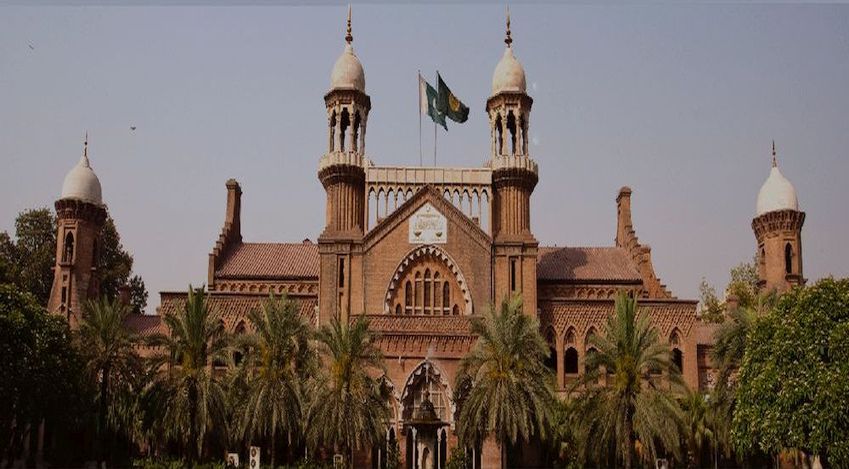A Will in favor of an Heir requires consent from other Heirs after the Testator’s Death under Islamic Law --- Lahore High Court, Lahore
Islamabad 27-02-2025: The Lahore High Court, in a recent judgment, dismissed a Civil Revision Petition challenging the validity of a Will executed in favor of some legal heirs. The Court upheld the orders of the Civil Judge and Additional District Judge, Chiniot, which had rejected the plaint under Order VII Rule 11 of the Civil Procedure Code (CPC).
The Petitioner filed two suits for declaration, claiming ownership of the disputed properties based on a Will dated 07.01.2004, executed by his father. Some heirs contested the validity of the Will, leading to the rejection of the plaints by the trial Court. The appellate Court upheld this decision, prompting the petitioner to seek relief before the Lahore High Court.
The Court reiterated the principle that, under Islamic Law, a bequest in favor of an heir is invalid unless consented to by the other heirs after the testator’s death, especially if the Will is unregistered. The Court cited Zakirullah Khan Vs. Faizullah (1999 SCMR 971) and Sikandar Hayat Khan Vs. Mst. Khatoon (2017 CLC 664) in support of this position.
It was noted that before the institution of the declaration suit, a partition suit had already been decreed based on statements made under oath, without mention of the Will. The Lahore High Court held that this amounted to an admission, rendering the subsequent claims an afterthought, thereby depriving the petitioner of a valid cause of action.
Clarifying a legal misconception, the Court ruled that the Registration Act, 1908 does not mandate the registration of a Will. The observation of the appellate Court that Section 42 of the Act required registration was deemed incorrect. The judgment referenced Mst. Batool Vs. Akbar (1986 CLC 372) and V. Prabhakara Vs. Basavaraj K. (LL 2021 SC 556) to support this finding.
The Court emphasized that revisional jurisdiction is limited and does not permit interference unless there is a jurisdictional error or material irregularity. Since the concurrent findings were based on proper appreciation of evidence, the Lahore High Court refused to interfere.
Powered by Froala Editor








